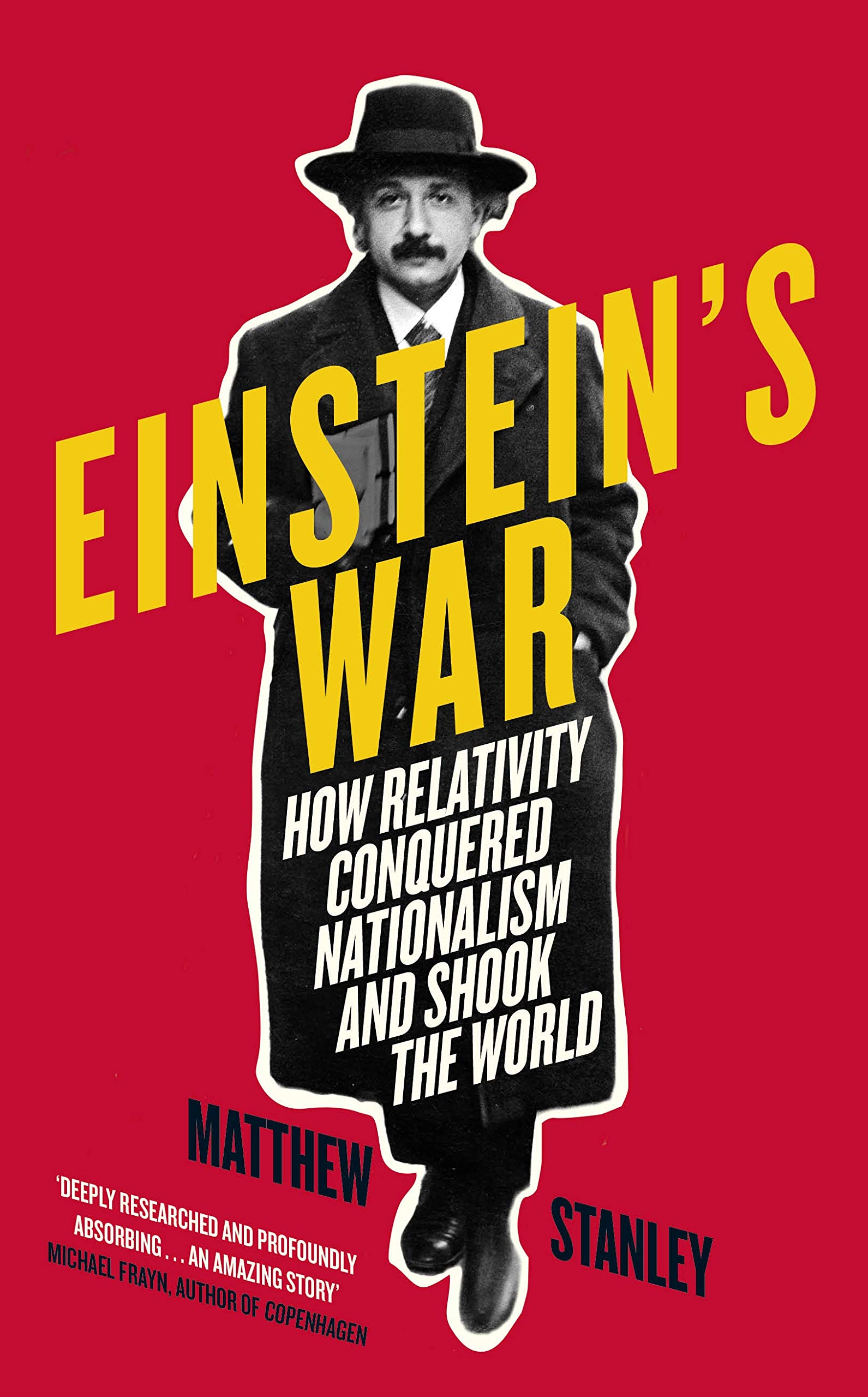Einstein\'s War | Matthew Stanley

Detalii Einstein\'s War | Matthew Stanley
carturesti.ro
89 Lei
Carte straina
Penguin Books Ltd
Einstein\'s War | Matthew Stanley - Disponibil la carturesti.ro
Pe YEO găsești Einstein\'s War | Matthew Stanley de la Penguin Books Ltd, în categoria Carte straina.
Indiferent de nevoile tale, Einstein\'s War | Matthew Stanley din categoria Carte straina îți poate aduce un echilibru perfect între calitate și preț, cu avantaje practice și moderne.
Caracteristici și Avantaje ale produsului Einstein\'s War | Matthew Stanley
- Departament: gaming-carti-birotica
- Ideal pentru pasionații de jocuri, birotică și distracție online.
Preț: 89 Lei
Caracteristicile produsului Einstein\'s War | Matthew Stanley
- Brand: Penguin Books Ltd
- Categoria: Carte straina
- Magazin: carturesti.ro
- Ultima actualizare: 27-10-2025 01:24:43
Comandă Einstein\'s War | Matthew Stanley Online, Simplu și Rapid
Prin intermediul platformei YEO, poți comanda Einstein\'s War | Matthew Stanley de la carturesti.ro rapid și în siguranță. Bucură-te de o experiență de cumpărături online optimizată și descoperă cele mai bune oferte actualizate constant.
Descriere magazin:
In 1916, Arthur Eddington, a war-weary British astronomer, opened a letter written by an obscure German professor named Einstein. The neatly printed equations on the scrap of paper outlined his world-changing theory of general relativity.Until then, Einstein\'s masterpiece of time and space had been trapped behind the physical and ideological lines of battle, unknown. Many Britons were rejecting anything German, but Eddington realized the importance of the letter: perhaps Einstein\'s esoteric theory could not only change the foundations of science but also lead to international co-operation in a time of brutal war.Einstein\'s name is now synonymous with \'genius\', but it was not an easy road. He spent a decade creating relativity and his ascent to global celebrity, which saw him on front pages around the world, also owed much to against-the-odds international collaboration, including Eddington\'s crucial expedition of 1919 -- which was still two years before they finally met. We usually think of scientific discovery as a flash of individual inspiration, but here we see it is the result of hard work, gambles and wrong turns -- in this case subject to the petty concerns of nations, religions and individuals.Einstein\'s War is a moving human story of a pair on opposite sides of history who came together for science. It sheds light on science through history, and the physics is more accessible as a result: we see relativity built brick-by-brick in front of us, as it happened 100 years ago.

Produse asemănătoare
Produse marca Penguin Books Ltd

Tom Clancy\'s Chain of Command, Paperback/Marc Cameron
![]() elefant.ro
elefant.ro
Actualizat in 28/10/2025
64.99 Lei

Permission to Speak. How to Change What Power Sounds Like, Starting With You, Paperback/Samara Bay
![]() elefant.ro
elefant.ro
Actualizat in 28/10/2025
122.99 Lei



